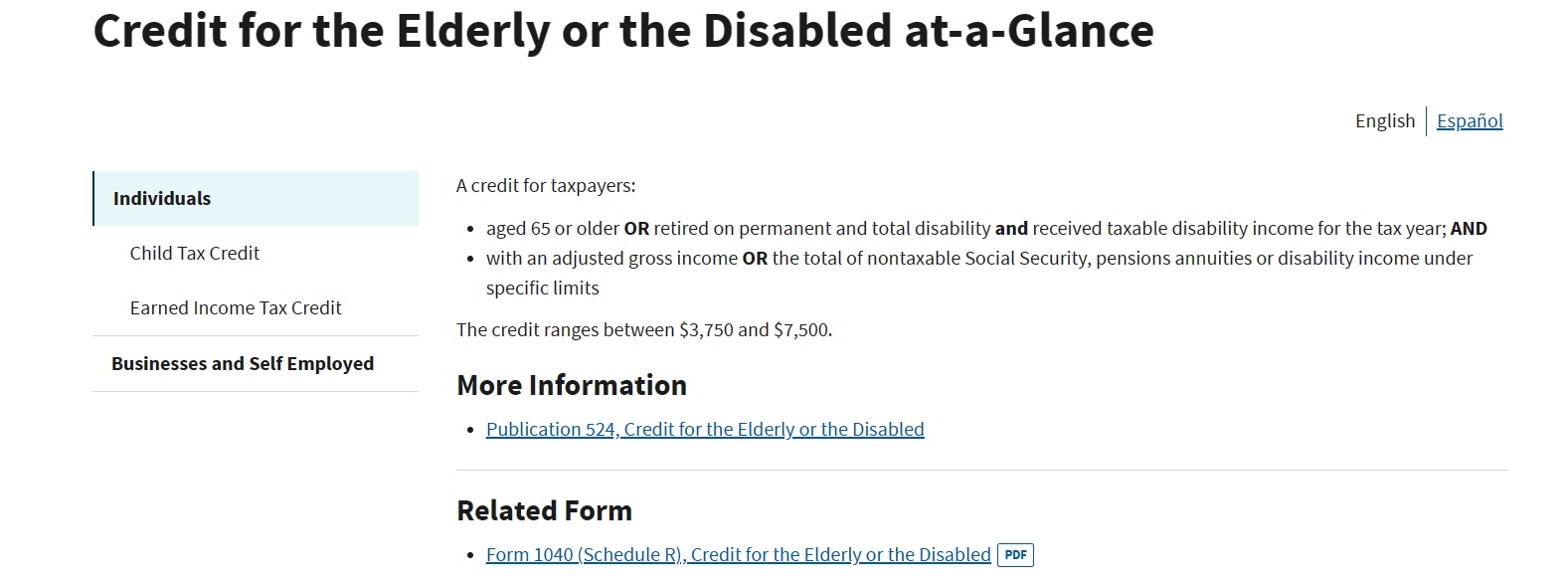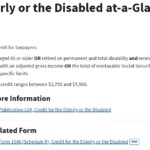Disability Rent Rebate – Welcome to our comprehensive guide on Disability Rent Rebate, a vital program designed to provide financial relief for individuals with disabilities. In this article, we will delve into the key aspects of this program, outlining its benefits, eligibility criteria, and application process. Whether you are a person with a disability seeking assistance or someone looking to support and inform others, this article aims to provide valuable insights to help you navigate the world of Disability Rent Rebate.
Understanding Disability Rent Rebate
Disability Rent Rebate is a government initiative aimed at easing the financial burden of individuals with disabilities. By providing a rebate on rent expenses, this program ensures that disabled individuals have access to affordable and suitable housing options. The rebate amount varies based on factors such as income, household size, and local regulations. This assistance can be a significant relief for individuals who often face higher medical expenses and limited employment opportunities due to their disabilities.
The eligibility criteria for Disability Rent Rebate typically includes factors such as income limits, age, disability status, and residency. It is essential to check with the relevant authorities or agencies in your area to understand the specific requirements and qualifications. Additionally, documentation such as proof of disability, income statements, and rental agreements may be necessary during the application process.
Benefits of Disability Rent Rebate
The benefits of Disability Rent Rebate extend beyond financial relief. By enabling individuals with disabilities to access affordable housing, this program promotes inclusivity and enhances their overall quality of life. Here are some key advantages:
- Financial Assistance: Disability Rent Rebate provides eligible individuals with a portion of their rental expenses, reducing their financial burden and freeing up resources for other essential needs.
- Stable Housing: With a reduced rent burden, disabled individuals can secure stable housing, ensuring a safe and comfortable environment that meets their unique needs.
- Independence and Empowerment: By easing financial stress, Disability Rent Rebate empowers individuals with disabilities to lead more independent lives, enabling them to focus on their personal development, well-being, and pursuing opportunities that align with their abilities.
- Access to Services: Reduced rent expenses mean individuals can allocate more resources to other necessary services and support systems, such as healthcare, therapies, and assistive devices.
Applying for Disability Rent Rebate
Applying for Disability Rent Rebate involves a straightforward process that begins with gathering the necessary documentation and completing the required forms. Here’s an overview of the application process:
- Gather Documentation: Start by collecting essential documents such as proof of disability, income statements, rental agreements, and any other supporting paperwork as specified by the program guidelines.
- Review Eligibility Criteria: Thoroughly review the eligibility criteria provided by the relevant authorities to ensure you meet the necessary requirements. Pay close attention to income limits, disability status, age restrictions, and residency qualifications.
- Complete the Application: Fill out the application form accurately and provide all requested information. Double-check the form to avoid errors or omissions that may delay the processing of your application.
- Submit the Application: Once you have completed the application form, submit it along with the required documentation to the designated agency or department responsible for handling Disability Rent Rebate applications.
Additional Support and Resources
While the Disability Rent Rebate program offers significant assistance, there are additional resources available to support individuals with disabilities. These resources can provide valuable information, guidance, and access to other forms of financial aid. Here are a few examples:
- Disability Advocacy Organizations: Local disability advocacy groups often offer guidance and support to individuals seeking financial assistance. They can help navigate the application process, provide insights into other available programs, and offer assistance in case of any challenges faced during the application process.
- Social Services Agencies: Government and community-based social services agencies can provide valuable resources and assistance for individuals with disabilities. They may offer programs beyond rent rebates, such as job training, healthcare support, and vocational rehabilitation.
- Supportive Housing Programs: Some regions have specialized housing programs designed specifically for individuals with disabilities. These programs offer affordable and accessible housing options, along with additional support services tailored to meet the unique needs of residents.
- Financial Counseling Services: Financial counseling services can help individuals with disabilities manage their finances, budget effectively, and explore other avenues for financial assistance. These services can provide guidance on maximizing resources, reducing expenses, and planning for long-term stability.
Spreading Awareness and Advocacy
Raising awareness about Disability Rent Rebate and advocating for its expansion and accessibility is crucial for ensuring that individuals with disabilities receive the support they need. Here are some ways you can contribute:
- Social Media Campaigns: Utilize social media platforms to share information about Disability Rent Rebate, its benefits, and eligibility criteria. Encourage others to spread the word and raise awareness about this vital program.
- Community Engagement: Engage with local community organizations, disability support groups, and advocacy networks to collaborate on initiatives that promote Disability Rent Rebate and advocate for its improvement. By working together, we can amplify our impact and ensure more individuals benefit from this program.
- Contact Elected Representatives: Reach out to your elected representatives, both at the local and national levels, and voice your support for Disability Rent Rebate. Share personal stories and experiences to illustrate the positive impact this program has on the lives of individuals with disabilities.
Conclusion:
Disability Rent Rebate is a lifeline for individuals with disabilities, providing much-needed financial relief and access to suitable housing. By understanding the program’s benefits, eligibility criteria, and application process, individuals can take advantage of this assistance to improve their quality of life. Additionally, raising awareness and advocating for Disability Rent Rebate ensures that it continues to support deserving individuals and contributes to a more inclusive society. Let us work together to ensure that individuals with disabilities have equal opportunities and access to affordable housing through programs like Disability Rent Rebate.

